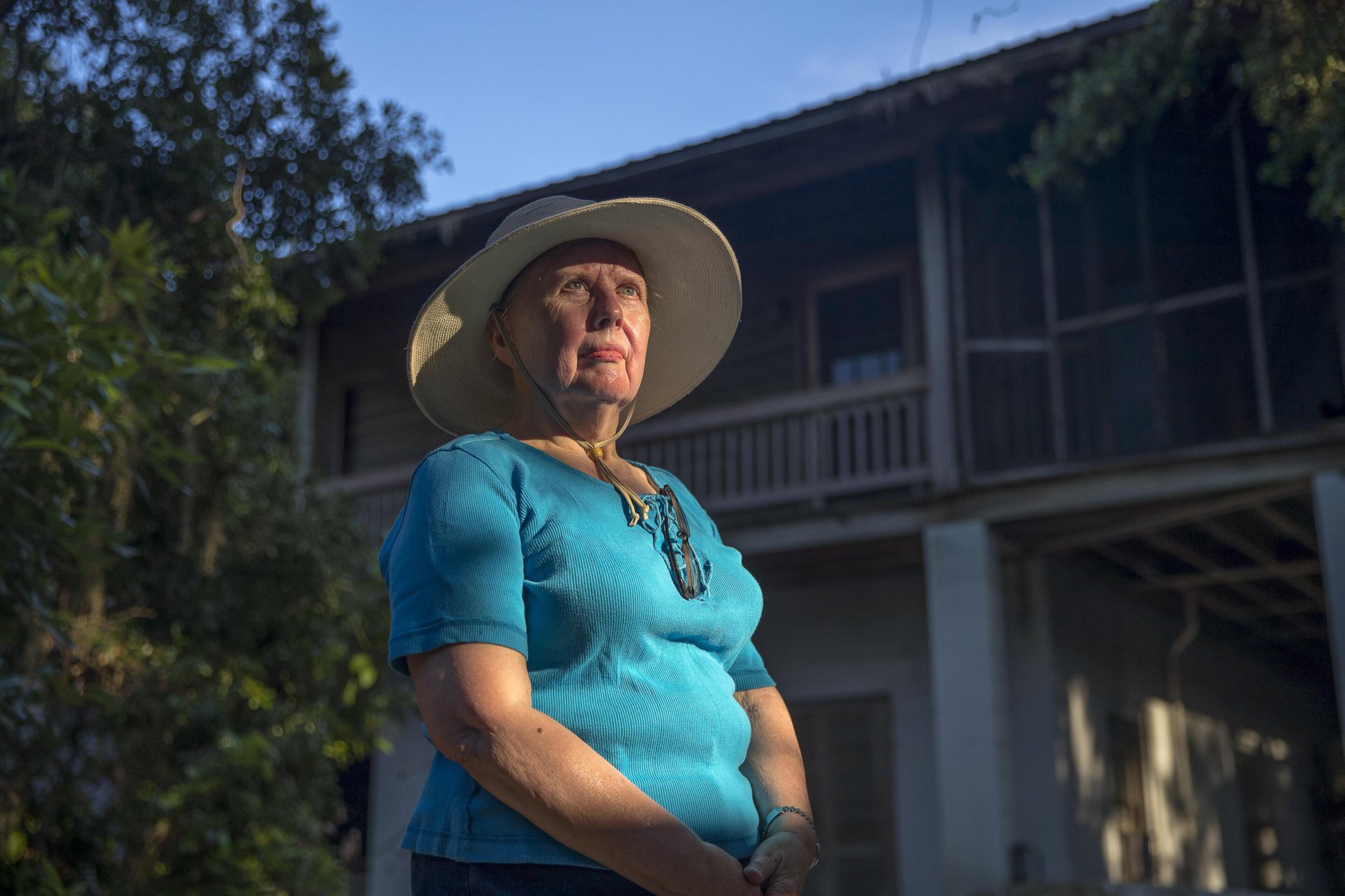Georgia court’s spaceport ruling could have far-flung effect on county decisions

A Georgia Supreme Court ruling this week that grounded plans for a Camden County spaceport could have far broader implications than the fate of the proposed commercial launch pad.
The court’s unanimous opinion could open the door for a wave of new citizen-backed efforts to overturn a sweep of decisions made by local elected officials.
The court’s ruling, written by Justice Carla Wong McMillian, suggested there’s little “evidence that such a parade of horribles would occur” given that officials are unlikely to routinely buck the will of the voters.
But two justices who agreed with the opinion acknowledged it could have far-reaching consequences.
Justice Charlie Bethel, in a concurring opinion joined by Chief Justice Michael Boggs, wrote that the ruling could clear the way for new petitions for a referendum on a range of issues, including local alcohol ordinances, zoning decisions, taxation rates and budget measures.
“I worry that a considerable minority group or groups within a community will be empowered to regularly subject their local community to the expense of a series of referenda as a means of either protest or in an attempt to thwart the will of a fatigued majority in a low turnout election,” Bethel wrote.
He added: “I hope I am wrong.”
Some government groups had the same inkling. Clint Mueller of the Association County Commissioners of Georgia, which represents the state’s counties, said the ruling could lead to a host of new challenges that could complicate some of the most ambitious — and complicated — county-led projects in the future.
“It’s a major policy shift,” Mueller said. “Only time will tell. But it could amount to a major change.”
To Dick Parker, empowering residents to challenge government decisions is exactly the point. He owns a home on Little Cumberland Island — which sits on the proposed flight path of the rockets — and helped organize the opposition to the spaceport.
“Citizens need the opportunity to challenge decisions they disagree with. This is exactly what the Legislature had in mind,” he said. “The bar is so high, residents can’t go out and challenge every little thing. But if politicians want to change it, they need to go through the Legislature.”
A warning shot
The focus of the case is Spaceport Camden, a proposed 12,000-acre facility designed to launch small rockets containing satellites, supplies and possibly people up to 12 times a year. The coastal Georgia county spent about $11 million to pursue the project.

A group of residents worried about the threat of fire and pollution gathered signatures from 10% of the county’s population to force a referendum under the little-used “home rule” provision of the state’s constitution to block the county’s land purchase for the project.
Camden County objected by arguing the law should only apply to local acts such as changes to a governing structure and not ordinances, resolutions or decisions such as a land purchase. The county also warned that allowing the referendum would lead to a “perpetual cycle” of infighting.
The local probate judge allowed the referendum to move forward, and nearly 6,000 of Camden County’s 34,000 registered voters turned out for a special election in March, rejecting the planned purchase by a nearly 3-to-1 ratio. The court’s decision this week plunged the fate of the project into uncertainty.
In the concurring opinion, Bethel wrote that he has “significant doubt and discomfort” about the effects of the court’s decision. But he still concurred with it because “our duty is to hold parties to the language they use and not to save them from it.”
The justice and others noted it’s still a steep hurdle for residents to force a vote. Most counties require 10% to 25% of registered voters to sign a petition to trigger the referendum. In Camden County, it took critics of the spaceport roughly two years to gather about 4,000 signatures.
Still, Mueller said the ruling could empower critics of economic development projects in their counties to fight county-led initiatives. One such recent example is Cobb County’s maneuvering to bring the Atlanta Braves to a new mixed-use project near I-75.
“Think about the type of projects that will get citizens up in arms,” he said, “and this is another tool for them to try to unwind what the county commission has done.”

The concurrence by Bethel, a former state senator, can be viewed as a plea to the Legislature to seek changes to the “home rule” system, though it’s not immediately clear what steps legislators might take.
Several state and legislative officials said they were reviewing the court’s decision, though they expressed worry that the ruling could eventually be applied to municipalities as well.
Mueller said pursuing a constitutional amendment to address the court’s ruling is unlikely, since it would require a two-thirds vote in each chamber of the Legislature and then must pass a statewide referendum.
In a final footnote, Bethel outlined a scenario that could unfold if legislators don’t take action.
“How hard will it be to collect signatures on a petition to repeal the adoption of a resolution increasing or merely setting the millage rate?”



